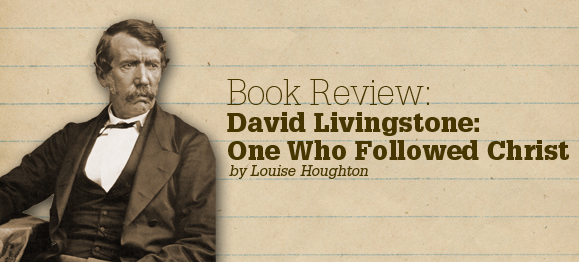One hundred seventy years ago this month David Livingstone sailed for the continent of Africa. As I read the biography of Livingston this summer, I was struck by the appropriateness of the book’s subtitle: One who followed Christ. As a missionary-explorer, Livingstone’s life was spent carrying the Gospel into the deep interior of the dark continent of Africa.
Livingstone preached the Gospel in hundreds of African villages, and he saw some fruit from his labor. He couldn’t have known, however, of the fruit that would come in the generations to follow. The missionaries on African soil today are there largely because of the sacrifices Livingstone made to follow Christ through unknown paths, staggering on through fever, loneliness, and even abandonment.
One of my favorite quotes by Livingstone is his thoughts on sacrifice for Christ. Every time I read it, it challenges me to complain less and give more:
People talk of the sacrifice I have made in spending so much of my life in Africa. Can that be called a sacrifice which is simply paid back as a small part of a great debt owing to our God, which we can never repay? Is that a sacrifice which brings its own blest reward in healthful activity, the consciousness of doing good, peace of mind, and a bright hope of a glorious destiny hereafter? Away with the word in such a view, and with such a thought! It is emphatically no sacrifice. Say rather it is a privilege. Anxiety, sickness, suffering, or danger, now and then, with a foregoing of the common conveniences and charities of this life, may make us pause, and cause the spirit to waver, and the soul to sink, but let this only be for a moment. All these are nothing when compared with the glory which shall hereafter be revealed in, and for, us. I never made a sacrifice. Of this we ought not to talk, when we remember the great sacrifice which He made who left His Father’s throne on high to give Himself for us.




